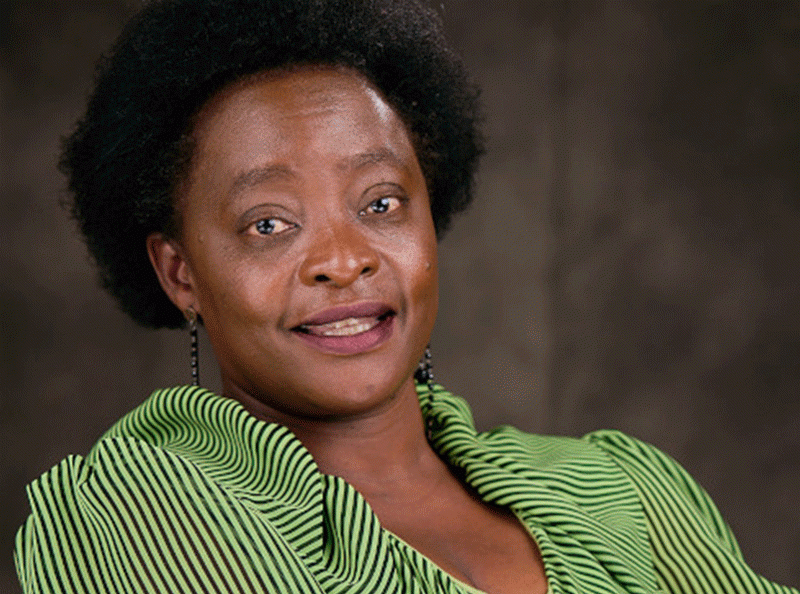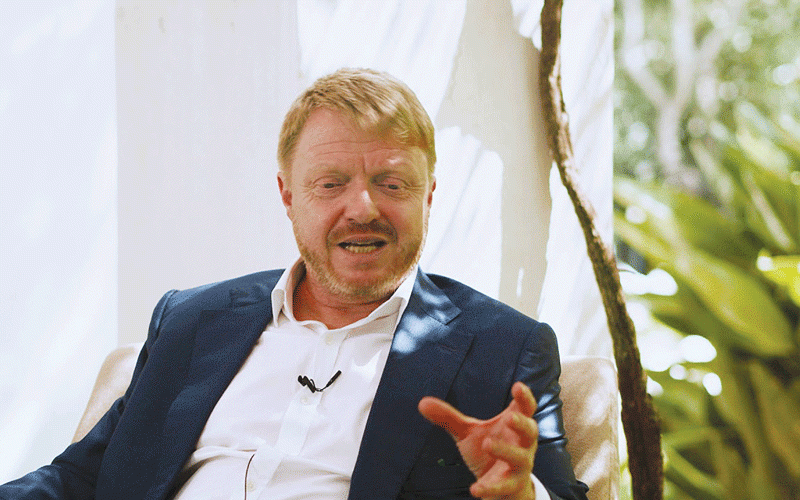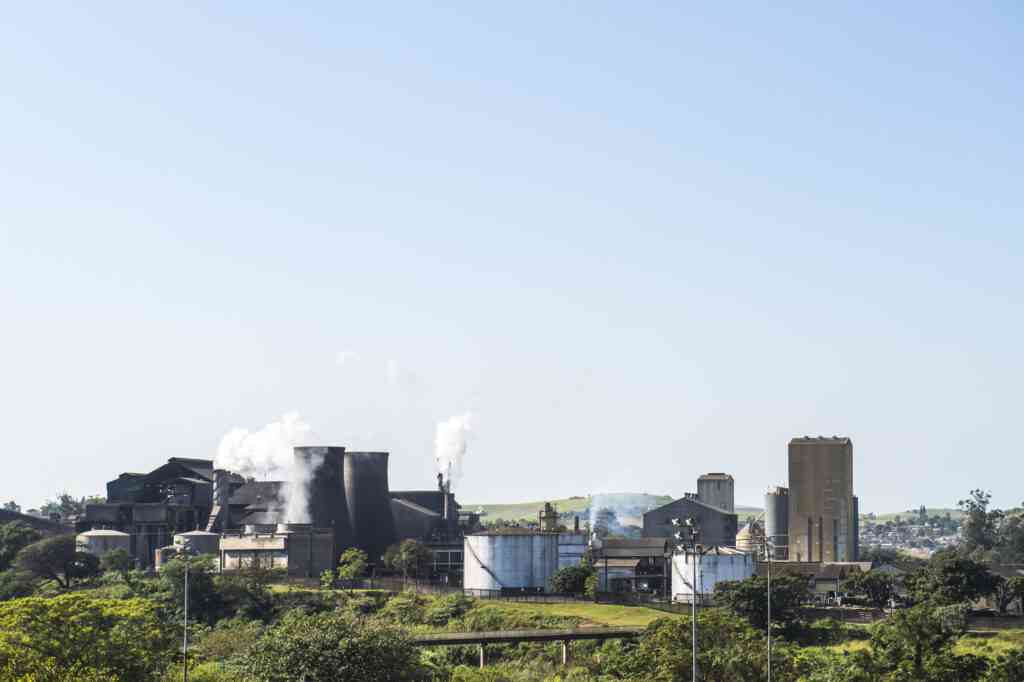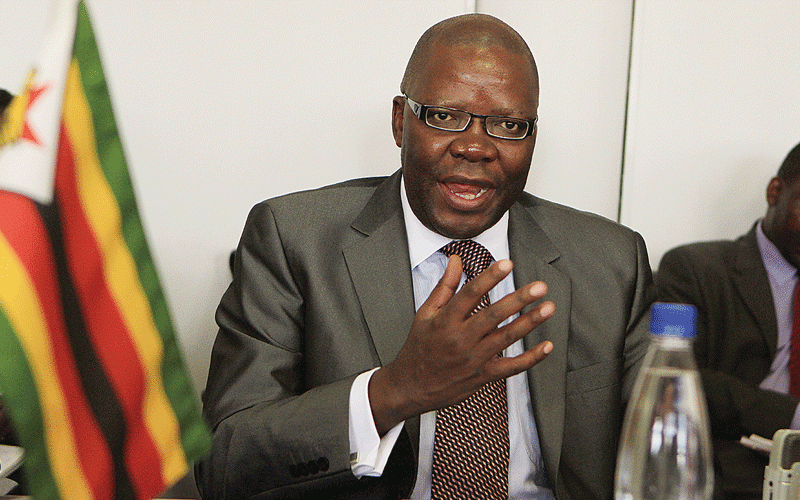
Countries in the Southern African Development Community (Sadc) bloc have resolved to develop strategies aimed at attracting foreign direct investments required to accelerate industrialisation in the region.
The resolution came at last week’s Sadc Industrialisation Week hosted by the Confederation of Zimbabwe Industries (CZI) in collaboration with the Zimbabwean government, Sadc secretariat and Sadc Business Council.
The call for a conducive environment was one of the 12 resolutions of the six-day Industrialisation Week, last Thursday, that then ended the following day.
The resolutions were presented by CZI chief executive officer Sekai Kuvarika.
Participants said the bloc ought to review regulatory frameworks and reduce bureaucratic hurdles to attract domestic and foreign investment.
“The Forum declares the following as key priority areas that require attention and action from all stakeholders including Member States on this date 1 August 2024: For finance and investment, creating an enabling investment climate: simplifying regulatory frameworks, reducing bureaucratic hurdles and improving infrastructure to attract domestic and foreign investment is critical,” they said.
“We need to review the implementation of this declaration regularly and to report the progress at the next Sadc Industrialisation Week 2025.”
They said there was an urgent need to operationalise the Sadc Regional Development Fund to drive the industrialisation agenda in the region.
- Mavhunga puts DeMbare into Chibuku quarterfinals
- Bulls to charge into Zimbabwe gold stocks
- Ndiraya concerned as goals dry up
- Letters: How solar power is transforming African farms
Keep Reading
“…Mobilising domestic resources: Promoting innovative financing models such as harnessing pension and sovereign wealth funds and other PPPs [public private partnerships] frameworks and for Sadc Regional Development Fund: there is an urgent need to formalise and operationalise the Sadc Regional Development Fund to propel the industrialisation agenda in the region,” they said.
Participants added that Sadc needed to integrate value chains while strengthening PPPs for infrastructure development.
“We need to leverage regional integration by facilitating cross-border investment, trade and financial flows and integrating regional value chains into global value chains,” they said.
Participants also highlighted that Sadc needed to prioritise collaboration that promoted Africa Direct Investment [ADI] and the development of financial instruments to it.
“To promote Africa Direct Investment, we need to create awareness of investment opportunities within the region and facilitate information sharing among member States. Harmonising investment regulations, simplifying administrative procedures and promoting investment facilitation centres should also be a priority.
“We also need to develop financial instruments promoting the ADI, such as trade finance, risk-sharing mechanisms, and equity funds, enhancing the capacity of regional institutions to support ADI, including through capacity building and knowledge sharing and collaborating with the private sector to develop bankable investment projects and create an enabling environment for ADI.”
They highlighted the need in prioritising infrastructure projects with a high development impact and investment potential such as energy Infrastructure.
“We need to mobilise private investment for infrastructure development by prioritising infrastructure projects that are identifying and prioritising infrastructure projects with high development impact and investment potential such as energy Infrastructure,” they said.
“We need to collaborate on the co-financing of energy infrastructure projects to support industrialisation. There is a need for a policy that facilitates the adoption of clean fuels, e-mobility and promotes energy efficiency practices in the industries to reduce carbon footprint.”
Participants said the bloc needed harmonised policies, regulatory frameworks and legislative incentives to promote circular economic practices.
“There is a need for the harmonisation of policies and regulatory frameworks across the Sadc region to support the implementation of circular economy practices,” they said.
“There is also a need for coordinated efforts among member states to align legislation and incentive structures to create an enabling environment for circular economy initiatives.”
They also emphasised the need for member states to comply with the Africa Continental Free Trade Agreement (AfCFTA) rules of origin, thus, preventing circumvention.
“The political will to collaborate on the creation of integrated cross-border Special Economic Zones that focus on value addition and beneficiation of natural resources extracted from the region is essential to curb the export of these resources in raw form, ultimately benefiting the citizens of Sadc,” the resolution said.
“… adequate creation and utilisation of Free Trade areas constituted in the region based on country strengths to create efficient markets for investors, leveraging on the AfCFTA agreement, the TFTA which has come into force on 25 July 2024, and the Sadc Investment Protocol.”
They noted that Sadc should prioritise standards, quality and accreditation for micro, small and medium enterprises by establishing centres of excellence and quality infrastructure.
“Sadc member States should explore the possibility of establishing regional quality assurance centres of excellence with support from other cooperating partners,” they said.
“Member States should continuously assist, Industries including MSMEs [micro, small, medium, enterprises] to comply with quality standards and requirements that will enable them to participate in regional and global trade. This entails investing in quality infrastructure development, with special emphasis on testing, inspection, certification, calibration and accreditation.”











